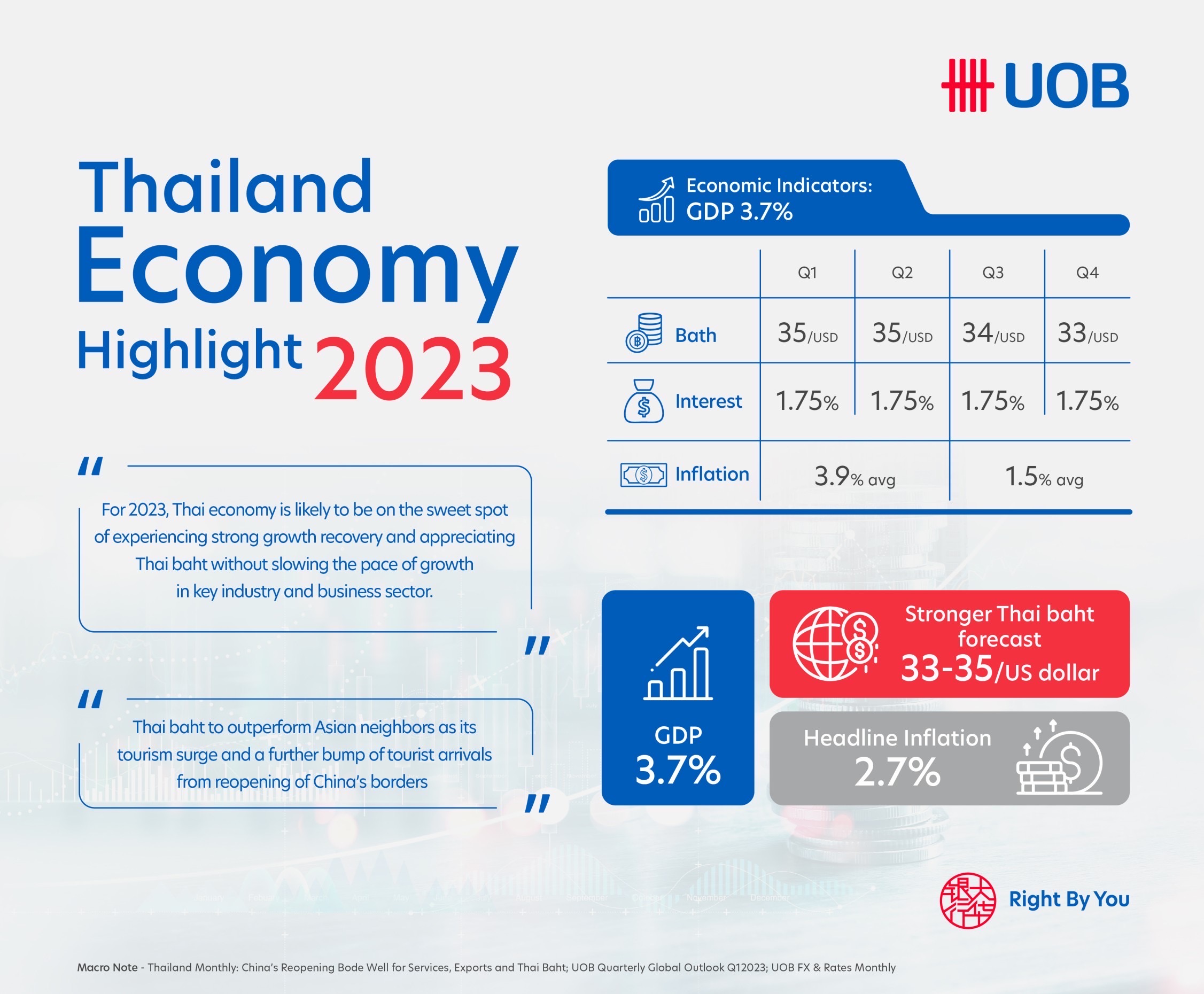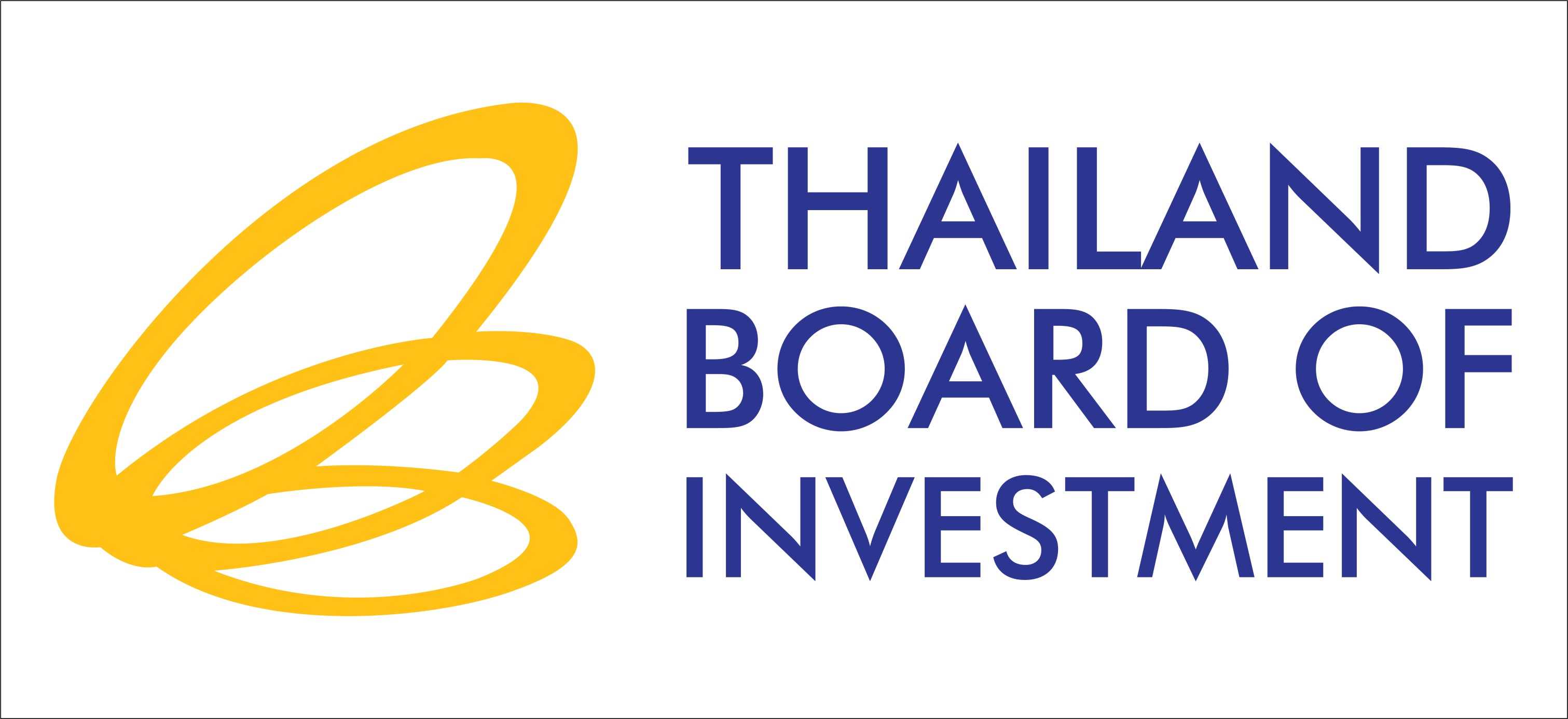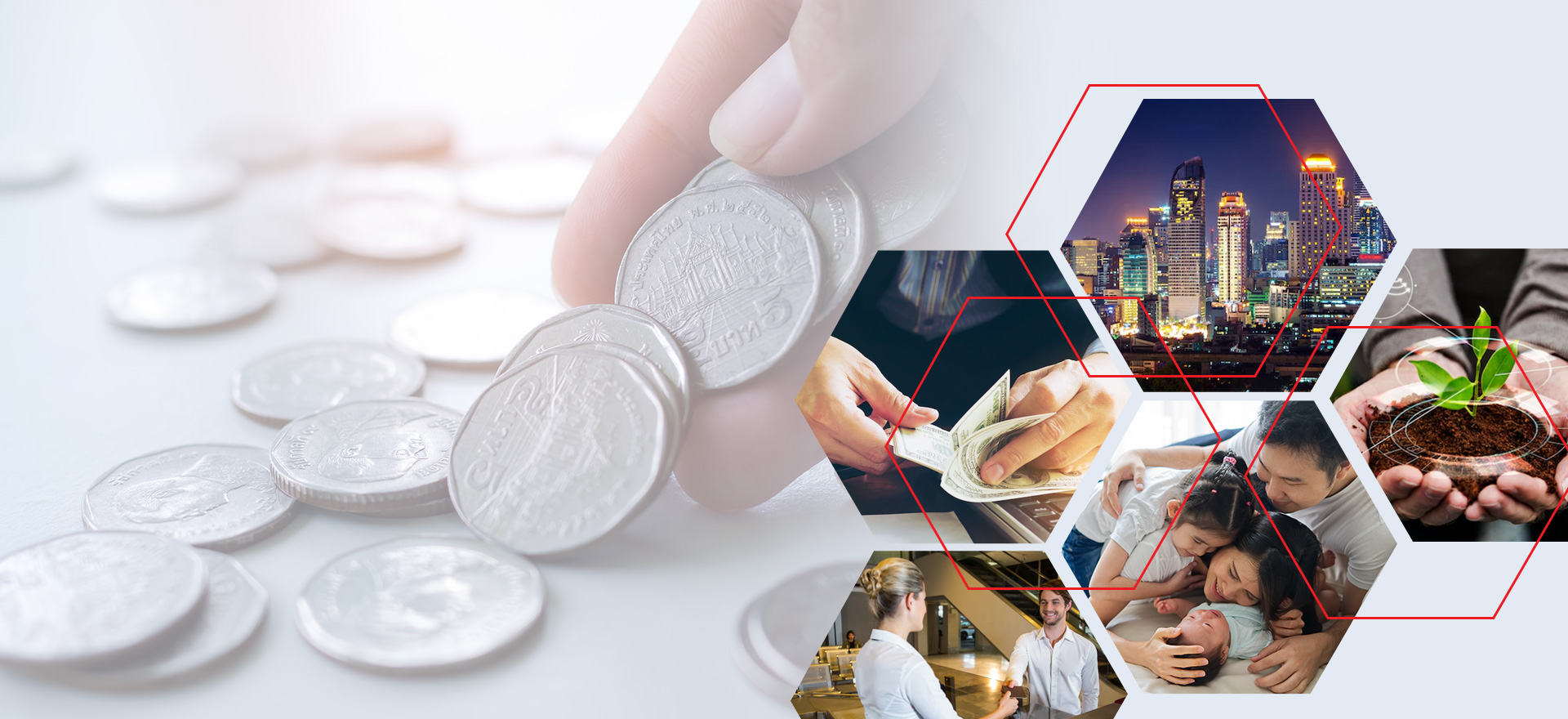UOB
UOB
Macroeconomics/GDP
Editorial staff
UOB, GDP this year grew by 3.7%
UOB expects Thailand GDP to grow 3.7% this year due to tourism surges from China’s reopening, strong baht and export growth
There are reasons to be optimistic this year. With higher tourist arrivals which will spur domestic consumption and spending, UOB expects Thailand’s gross domestic product (GDP) to grow 3.7 %.per cent this year.
Mr Enrico Tanuwidjaja, economist, Global Economics and Market Research, UOB, said, “Earlier than expected, Thailand welcomed the first arrival of Chinese tourists back to the country since the COVID-19 pandemic at the start of January, giving the tourism-reliant Thai economy a boost of optimism.
We expect the services sector to continue to improve and the Thai baht to grow stronger this year thanks to the increasing number of tourists that will drive up domestic consumption and spending.”
Thailand is expected to see economic recovery in the upcoming quarters and inflation to average around 2.7 %. This rise will be driven by increased tourism revenues, making a positive outlook on the country’s economy.
Given the anticipated rise in tourist arrivals from China now that its borders are open again, the Thai baht is predicted to outperform other Asian currencies. However, given a challenging global macro backdrop, there may be a slight dip in the value of Thai baht to 35 against US dollar during the first half of the year before it regains strength and recovers to 33 baht against dollar by the end of the year.
Overall, the Thai economy is likely to be in the sweet spot in 2023 - with strong growth recovery and an appreciating Thai baht without hindering developments in key industries and business sectors.”
The Thai economy is showing positive signs as resurging growth from the third quarter of 2022 has allowed the potential GDP growth rate to reach ranging 3-4 % in 2023.

Household consumption expenditures saw the highest growth rate in the last 10 years, with expenditure on services rising by 15.8 % annually due to increased spending on dining, travel, recreation and culture. With optimism that inbound tourists will continue to spur domestic trade activity and bolster export performance.
Thai inflation appears to have peaked and has continued to decelerate from 2022. Lower energy prices and supply chain and distribution improvements for some key imported food items have eased the recent inflationary pressures.
UOB anticipates inflation levels to return to an estimated 2.7 % by 2023 with headline averaging at 3.9 % during the first half of the year, followed by 1.5 % in the second half of the year. This is based on reduced demand due to improved global food supply chains along with more moderate global energy and food prices and a continued drop in the producer price index (PPI). The Bank of Thailand similarly anticipates average inflation will remain within a 2 to 3 % range over this period.
UOB’s research team expects the Thai baht to weaken in comparison with other Asian countries and the US dollar. This is due to a variety of factors, such as dovish monetary policies from the BoT relative to its peers and persistent negative real rates amid an uncertain global economic outlook.
Nevertheless, these headwinds may be partially offset by a recovery in tourism and China's reopening for travel which should bolster the baht on a comparative basis against its Asian neighbours.
10 February 2023
Viewed 254 time
 EN
EN 




